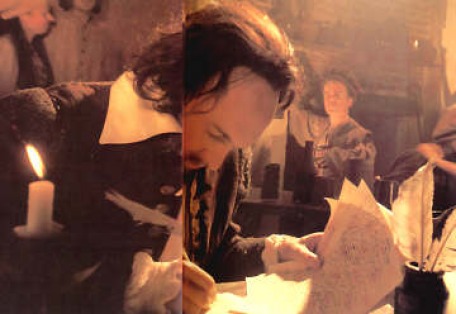To Write or Not To Write
I am probably overdoing it on the Hamlet quote, but it is just so fun! Now that you have learned about Shakespeare and Hamlet, it is time for you to start wring like him! Now I will turn the time over to Mr. Shakespeare himself! He is going to teach us about Iambic Pentameter so we can learn to write like him!
Iambic Pentameter
Shakespeare: Alas. Thou have beckoned me to teach my knowledge of the written to you. I implore thee to listen as I speak to you about Iambic Pentameter. This is how one doest make language flow from within. I pray thee to listen. Iambic Pentameter is an unstressed syllable followed by a stressed syllable for ten syllables a line. Verse such as this is prevalent throughout my writing.
"Thou WRETCH ed RASH inTRUDing FOOL fareWELL."
Comprehendest thou this? Hark! Look beneath these words for a diagram.
"Thou WRETCH ed RASH inTRUDing FOOL fareWELL."
Comprehendest thou this? Hark! Look beneath these words for a diagram.
I pray you try your own iambic pentameters. Please, share with me your verse.
Person: Mr. Shakespeare, I wrote this. "I hate to see the starry sky at night."
Shakespeare: Very well done. Poetic and Iambic.
Person 2: I wrote. "The clouds are black and boorish in the sky."
Shakespeare: Also well done. Please. Create a list of these for all to understand.
List of Examples:
"I hope I get to go to sleep tonight."
"The world is full of happiness and joy"
"It's easy to write once you understand."
"Don't laugh it really isn't that funny."
Remember to stress the syllables.
"I HOPE I GET to GO to SLEEP to NIGHT."
That should make it easier for you.
Person: Mr. Shakespeare, I wrote this. "I hate to see the starry sky at night."
Shakespeare: Very well done. Poetic and Iambic.
Person 2: I wrote. "The clouds are black and boorish in the sky."
Shakespeare: Also well done. Please. Create a list of these for all to understand.
List of Examples:
"I hope I get to go to sleep tonight."
"The world is full of happiness and joy"
"It's easy to write once you understand."
"Don't laugh it really isn't that funny."
Remember to stress the syllables.
"I HOPE I GET to GO to SLEEP to NIGHT."
That should make it easier for you.
In order to write like Shakespeare, we need to remember what Aristotle taught us about a good play. Need a refresher? Visit here.
Plot
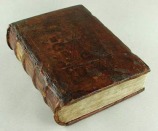
Remember that Aristotle told us that this is the most important part of the story. Now that you have your Shakespearean writing down, you should be thinking about a good plot. Remember, a plot has a beginning, a middle, and an end. There are two types of plots. Dramatic and Episodic. Dramatic plots have rising action and reach a climax. An Episodic plot shows the audience a series of events, but there is no specific action that moves the plot forward.
Character

Character is just as important to writing in Shakespearean time as it was when Aristotle wrote about the six elements. Once you have mastered the writing style, you will need to work on creating character. There are two types of characters: The three-dimensional character, like Hamlet and Oedipus. And the two-dimensional character, also known as the stock character. These characters are usually not in the play for a very long time but that add exposition and other important things to the story. These characters are like the knight in shining armor, the princess, the mother-in-law. The are found in TV, movies, books, and the theater.
Thought
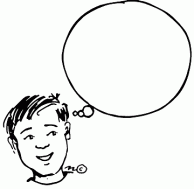
Next you should decide what you want your show to make people think. In other words, do you want your story to have a moral? Well, thought is like the moral. It is a universal and individual theme that often runs through stories and plays. The best plays contain suggestions about what to think about, but they don't tell you how to think. Themes of the play are difficult to describe completely and everyone may get something different out of your play. That is ok. Just make sure you make your audience think. That is what is important.
Diction
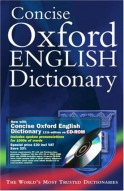
Shakespeare is the master of diction! Diction is the words and language that is used in a play. Diction can make the written and spoken language sound like music, even though it isn't being sung. But diction can also ruin a play or story if it doesn't fit the characters who are speaking the words. Because Mr. Shakespeare has helped us with Iambic Pentameter, we should be able to create beautiful diction throughout our plays.
Music
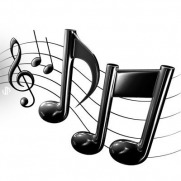
This is the sound element of the movie or play. Some plays are musicals and are filled with songs and dances describing parts of the show. But the music doesn't have to be a musical. It can be the sound of a doorbell ringing or a knock at the door. It can be the sound of shoes walking down the stairs. Music can just deal with the sound elements in a show or play. They are important for making the theater seem realistic, not just people talking on stage.
Spectacle
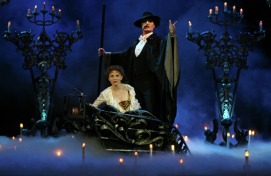
These are visual elements of a play. Oftentimes, the spectacle is the only reason people pay money to see the show. People love being amazing and fascinated by special effects. Aristotle ranked this as the least important, but it definitely adds to the show if there is a little spectacle throughout it. The question is this, though. Is there such a thing as too much spectacle? Take this into consideration when you are writing your show. If the story doesn't work without the spectacle, is it a good story?
